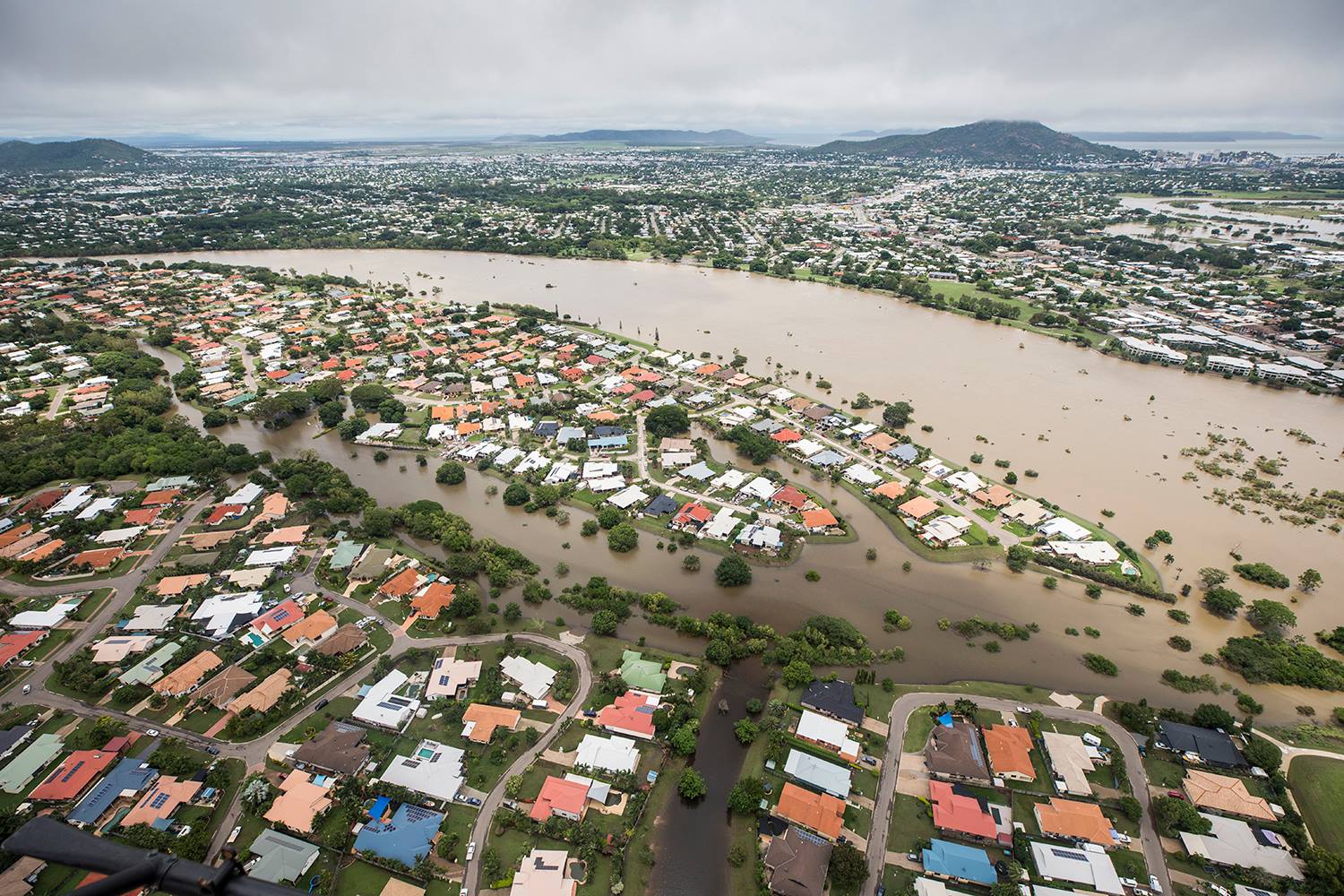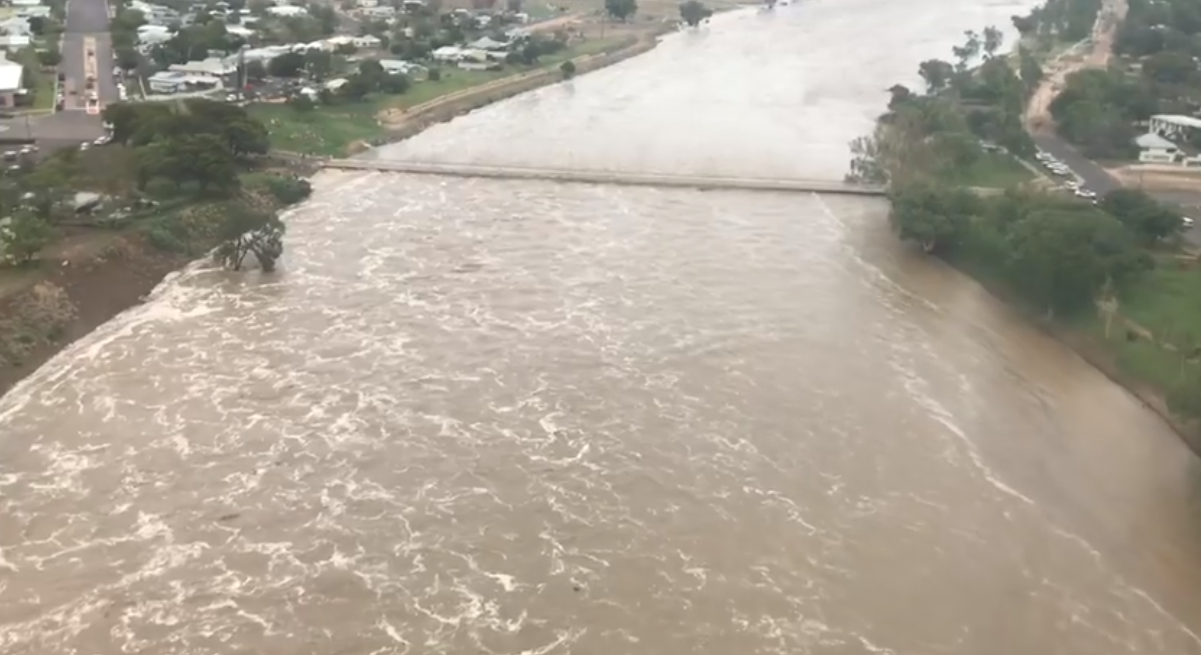Fatbergs became headline news last year with the discovery of the ‘Whitechapel Monster’ – a greasy London sewer blockage weighing as much as 11 double decker buses.
The fatberg’s fame continues, with one smelly sample on display at the Museum of London as part of its City Now City Future exhibition. (More here: https://www.museumoflondon.org.uk/discover/fatberg-diaries)
But while much of this 130-tonne wonder was made up of congealed fat and grease, as the name suggests, – disposable wipes were also a key component.
Water Services Association of Australia manager utility excellence Greg Ryan said that body was getting an increasing number of reports of wipes, often advertised as flushable, clogging plumbing and becoming tangled around pump impellors.
While giant fatbergs may be confined to major metropolitan systems, regional centres were also experiencing this type of blockage, he said.
The WSAA is trying to help combat the problem by working with manufacturers and the water industry to get an agreed definition on “flushability” for such products through Standards Australia.

“Some (wipes) are advertised as flushable – but at the moment the jury is out,” Dr Ryan said.
“We don’t have an internationally agreed specification of what is flushable between the manufacturers and the water utilities.”
On a global level, manufacturers and the water industry have been working together through the International Standards Organisation (ISO) to develop a Technical Report outlining the criteria that need to be considered when designing products suitable for toilet flushing.
Dr Ryan said having such a reference report would assist in determining the most appropriate test protocol for an Australian Standard, given there were currently at least three different approaches to defining flushability.
The initial criteria was developed as a code of practice by wipes manufacturers through their peak bodies the International Non-woven Disposable Association (INDA) in the United States and the European Disposables and Non-woven Association (EDANA)..
The other methods include a Publically Available Specification (PAS) developed by an international group of water utilities and the International Water Services Flushability Group (IWSFG). Separately the UK has recently released a draft Water Industry Specification (WIS) that defines flushability.
Dr Ryan said the WSAA was looking to chair the development of an Australian flushability standard, with the aim of completing a draft document by the end of this year.
“With an Australian Standard you will get a product compatible with the sewerage network and have clarity for manufacturers as to what they are designing and what their specifications are,” he said.
“So they are able to promote their product (as flushable) – there’s a marketing advantage there and it’s also clear for consumers.”
From there it would be a matter of consumer education to stop people flushing items that were not compatible with wastewater systems, he said.
At the moment the WSAA position is that nothing but the three P’s should go past the S bend – poo, pee and paper.
Of course fat, oil and grease going down the kitchen sink and other drains also continues to contribute to blockages.
“Fatbergs are essentially a consolidation of fats and other material in the sewers,” Mr Ryan said.
“When people pour cooking oil and things down the drain, it can congeal and bind with other things – tree roots, wet wipes and other products that go down the sewers.
“The fat starts accumulating and other material builds up on it, so you end up with this great big mass of stuff and it becomes fairly solid and can clog the sewer.”
* You can read more about London’s Whitechapel Monster and the problem of fatbergs in this article from The Guardian – https://www.theguardian.com/culture/2018/feb/04/fatberg-museum-london-display-pickling-age-waste?CMP=share_btn_tw


